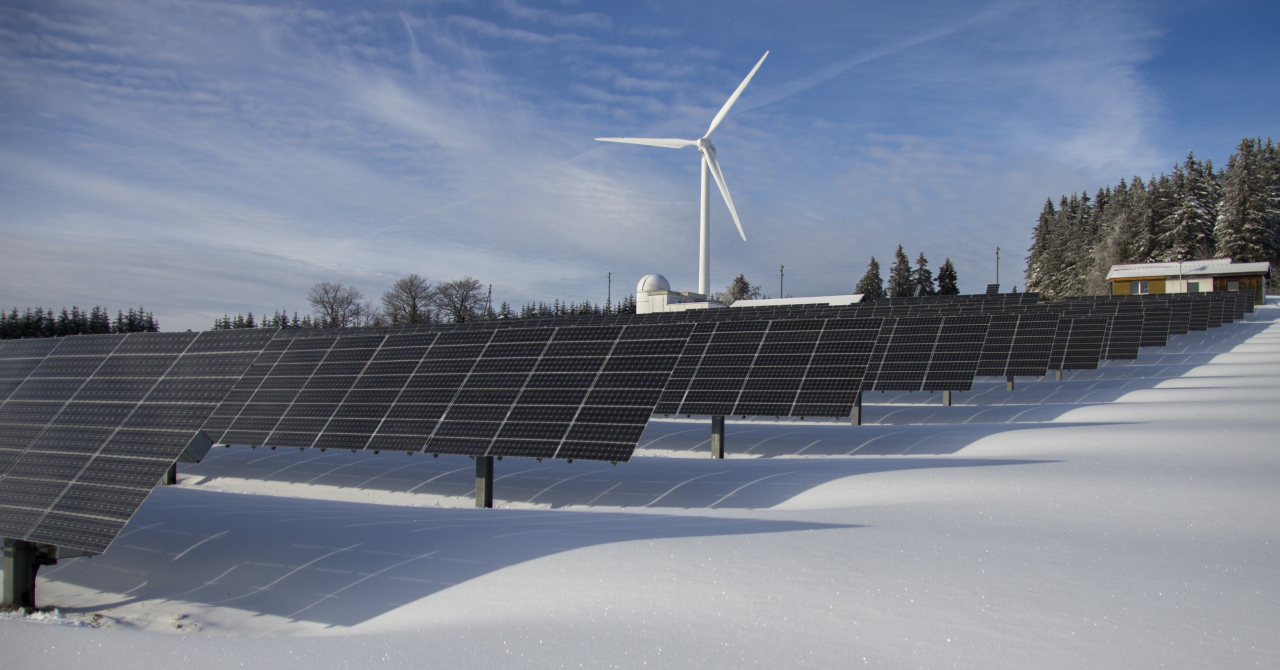ESG Today reports that some of the G20 member states and formations are Argentina, Brazil, Canada, Japan, the US and the European Union.
The summit was held under the theme "One Earth - One Family - One Future" and it covered multiple topics, among which were food security, economic growth and the progress on UN's Sustainable Development Goals.
In a press release, the declaration made by the G20 leaders states that "at the midway point to 2030, the global progress on SDGs is off-track with only 12 percent of the targets on track", noting that more effort is necessary if we want to live in a sustainable world.
Among the commitments made by those present at the meeting were accelerating the complete implementation of the 2030 Agenda for Sustainable Development, reducing our greenhouse gas footprint, while also finding environmentally sustainable development alternatives.
Representatives of the G7 group initially aimed for more ambitious targets, such as a global net-zero objective before 2050, more drastic emissions reduction strategies and also a significant cut in the amounts of fossil fuels that we use.
Fossil-dependent countries, however, such as Russia, India and Saudi Arabia, opposed some of the proposals.
Some of the officials present at the meeting from countries such as the US, India, Bangladesh, Italy and UAE, established a new alliance called the Global Biofuel Alliance (GBA), with the aim of developing a more advanced biofuels network and better biofuels technologies.
These will be critical for the industries and sectors that won't be able to take advantage of wind or solar plants.
Other key discussions at the summit were the proposal to triple the use of renewable power sources and accelerating the phaseout of coal-fired plants around the world.
 Mihai - Cristian Ioniță
Mihai - Cristian Ioniță












Any thoughts?